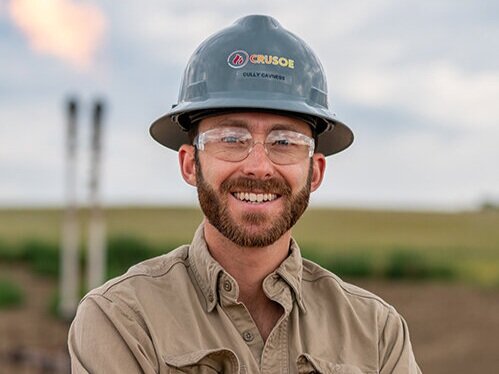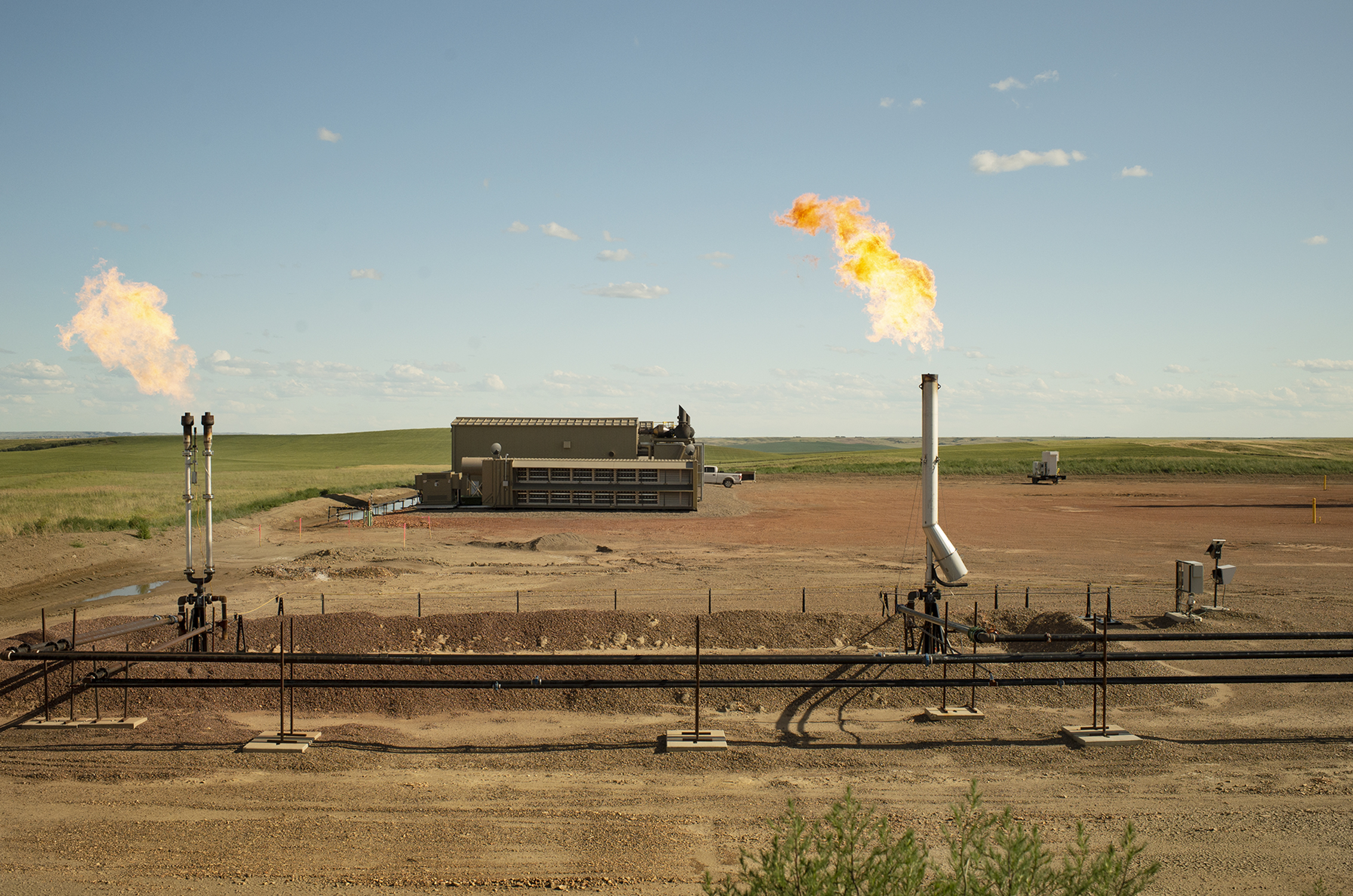
Cryptocurrency[1] has become increasingly popular since the creation of the first cryptocurrency, Bitcoin, in 2009. In the years following the creation of virtual currency, federal agencies and federal courts have struggled to maintain consistency in how cryptocurrency should be classified and regulated. In the meantime, interest in the cryptocurrency market has only increased, which has led to some innovative crypto-related technology being used in the oil and gas industry.
Wyoming is Leading the Way
While the federal standard remains unclear, Wyoming has forged ahead in the cryptocurrency world by clarifying how the state will treat virtual currency. Since 2018, the Wyoming legislature has passed over a dozen bills into law that advance cryptocurrency and blockchain technology.[2]
There has been a lot of confusion at the federal level as to whether cryptocurrencies are securities regulated by the Securities and Exchange Commission, commodities regulated by the Commodity Futures Trading Commission, or neither.[3] In that federal vacuum, states took the lead. In 2019, by passing House Bill 62, also known as the Wyoming Utility Token Act, Wyoming decided that virtual currencies will be treated as an entirely new asset class in the state. Wyo. Stat. § 34-29-106. Colorado followed Wyoming’s lead by passing the Digital Token Act, which exempts the offer or sale of digital tokens with primarily consumptive purposes from state securities registration as long as certain transactional conditions are met. Colo. Rev. Stat. § 11-51-308.7.
Wyoming also granted Kraken, a cryptocurrency exchange platform, a license to create the nation’s first cryptocurrency bank.[4] The bank will be a special purpose depository institution (SPDI), which lets Kraken hold custody over customers’ cryptocurrency, operate payment systems, and allow customers to switch between fiat currency (the U.S. dollar) and cryptocurrency. This was made possible by the various laws Wyoming passed to clarify the relationship between depositors and institutions when it comes to cryptocurrency.
And the state is not slowing down. In March 2021, Wyoming’s decentralized autonomous organizations (DAO) bill passed the Wyoming Senate committee. S.F. 38. The bill would grant company status to DAOs, which, in practice, will give more legitimacy to cryptocurrency startups. The recent legislation shows that Wyoming wishes to act as a hub for cryptocurrency innovation.
Several other states are also following suit. As of late March 2021, half of the states have pending legislation related to cryptocurrency in the 2021 legislative session.[5]
The Oil & Gas Industry and Cryptocurrency
Cryptocurrency’s growing popularity has also provided an opportunity for creative problem-solving in the oil and gas industry.
Mining cryptocurrency is extremely energy-intensive. When Bitcoin, one of the most popular forms of cryptocurrency, was first created, a household computer could mine the digital asset. To obtain one bitcoin, the computer must solve a series of complex math problems and the miner is rewarded with one bitcoin. However, the more bitcoins that are mined, the harder the algorithms become. Today, Bitcoin mining requires specialized computer equipment that has the capacity to handle intense processing power. Finding a power source for such computer systems can be difficult and expensive.
In response, a few companies have found a way to use natural gas, which when vented or burned can release greenhouse gas emissions, to power energy-intensive computing. Denver-based Crusoe Energy Systems is one of the companies that has engineered a way to convert natural gas that would otherwise be vented or flared at an oil well into electricity to mine cryptocurrency. The Denver company, co-founded by Chase Lochmiller and Cully Cavness, builds modular data centers that, when installed at oil well sites, can use natural gas from a well to power computer servers that mine cryptocurrency. Their process includes emissions control technology and catalytic converters that reduce greenhouse gas emissions when compared to flare exhaust streams.[6]
When oil wells aren’t close to a natural gas pipeline, companies often burn off the natural gas with a flare at the well site. While routine flaring is not allowed in Colorado,[7] Crusoe Energy serves clients in other states where routine flaring is allowed. Flaring emits CO2 and other emissions, and malfunctioning flares can release unburned methane, an especially potent greenhouse gas, directly into the atmosphere. Innovative companies such as Crusoe Energy are working to eliminate routine flaring while reducing the cost of energy-intensive computing – a win-win for everyone. This creative use of technology benefits the environment and the oil and gas industry, as well as those interested in jumping on the cryptocurrency bandwagon.
It is unlikely that the crypto-craze will slow down anytime soon. For now, how cryptocurrency is treated at the federal level is a bit unclear; however, states like Wyoming are the place to look for the virtual currency’s future.
Source:https://www.wsmtlaw.com/blog/bitcoin-is-booming-why-wyoming-is-a-virtua


